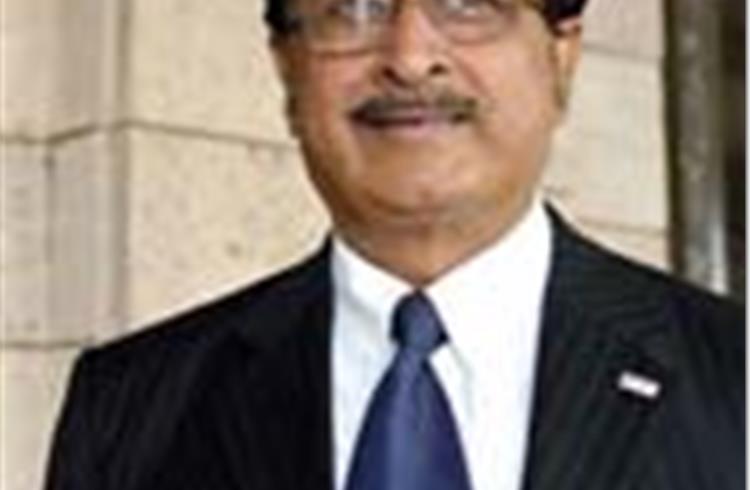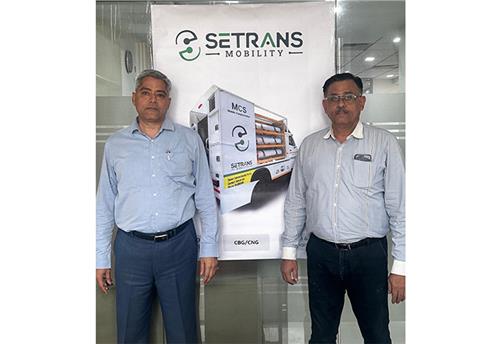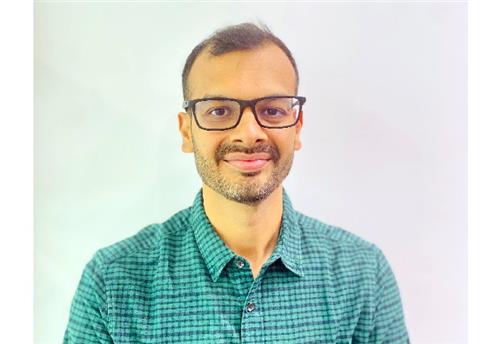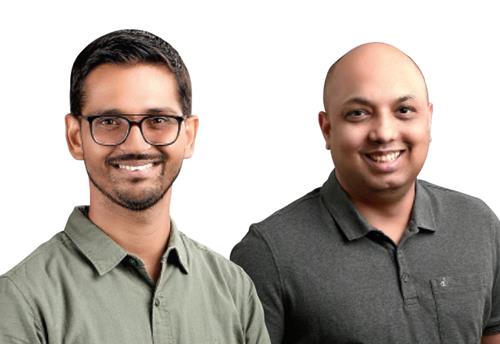M Lakshminarayan, Joint Managing Director, Mico
The joint managing director of Motor Industries Co (MICO) tells Ammar Master that one of the major challenges is to trim costs.
What is your take on India emerging as a global sourcing hub for Bosch?
Indian auto component suppliers have grown both on quality and response. I use the word ‘response’ primarily because businessmen have the hunger to look global and are ensuring quality and volumes. Having said this, vendors supplying to Bosch in India are aware of global quality levels. But they have to realise the demand for quantity and ability to handle logistics. Bosch has established a core group in India (similar to a local purchasing unit), whose function is to look for this supplier base for components to the world over. I foresee this as a big growth for local vendors working with Bosch.
What kind of components is Bosch looking to source out of India with this core group?
These will be value-added components, and so it will not be forgings or castings. They will be almost finished components in large volumes of possibly different varieties. The core competence that we have brought in is the ability to handle larger varieties and smaller volumes. This will cut across products existing in India, and also those not currently available locally. The components will be supplied only to the Bosch companies for their requirements. MICO and Bosch in Bangalore will assist in ensuring that assessment is made properly, quality upgradation (if at all required) is done and any other necessary support on logistics will be provided. The important thing is to add value from India to the Bosch world.
What then is the strategy to keep your costs down?
The key drivers are going to be in terms of all matter related to productivity. This also includes space and asset productivity (both current assets and fixed assets), in addition to manpower productivity. We have introduced the Bosch production system at all our plants. This lean management system ensures we control wastage. Every plant is now given very strict targets to ensure all the three areas of man, material and machine productivity. The task of every plant manager is to make certain this is done not only in spirit, but it also brings out the total value that we expect as a contribution to our costs.
Of the Rs 1,800 crore earmarked over the next four years, Bosch has already put in Rs 550 crore in common rail systems. What will the balance go into?
Yes, we have invested in CR pumps and injectors to the tune of more than Rs 550 crore. Of this, our Nashik plant received Rs 400-420 crore to start manufacturing CR injector components. We will also start assembly of injectors later this year. On the other hand, we have put in Rs 100 crore in our Bangalore plant to concentrate on CR pumps. And there will be further investments to add capacities. Apart from this, large investments have also been made on the R&D side. If you look at our applications, there are quite a few very expensive equipment required in the R&D side to ensure that once the application is made, all the trial and testing can be done so that it can be applied on to the engine. Looking at future investments, we need to take a call on localising the common rail as well as the electronic control unit. We have not yet taken the decision on these two. Based on the volumes and viability of these projects, this is the next step of our investments, and which has not been included in what we have talked about.
What is the strategy to grow the business of Bosch in India?
We are in the process of clearing one or two applications for four-wheelers. We will definitely be making investments during the course of this year and next, and bring out products for the Indian market during 2008 and 2009. A part of this investment will come from the Rs 1,800 crore already earmarked, but we also foresee that more investments need to be made in this area. Hence, we are ready to make investments provided the market continues to maintain its buoyancy.
Finally, what is your outlook of business in India over the next four years?
We are very bullish, thanks to the fact that we have been clocking CAGR of roughly around 20 percent. We have also established international quality levels, and our ability to handle logistics has given us a good ground to become part of the Bosch international production network. Having said this, international production network does not mean only production. It also means supply of parts for worldwide, not only out of Bosch in India but also out of our suppliers in India. Bosch is very open to sourcing out of India. Primarily now that we have established our competencies, we in the Bosch world are continuously looking at any possibilities coming out of India.
RELATED ARTICLES
Setrans Mobility Booster Charging top-up 25% EV range in 15 minutes
Two enterprising tech-savvy entrepreneurs Rana Roshan Singh and Vivek Ummat of Noida, Uttar Pradesh-based start-up Setra...
'Our products are proudly 100% designed and made in India'
Creatara Mobility, a New Delhi based electric two-wheeler startup, claims to have tackled various challenges in making i...
'EVs have been around for a much smaller time than ICE, so best practices are still evolving'
EV OEMs and start-ups are under pressure to reduce production costs and bring them close to ICE counterparts. Vaibhav Ku...





 By Autocar Pro News Desk
By Autocar Pro News Desk
 04 May 2007
04 May 2007
 7388 Views
7388 Views









